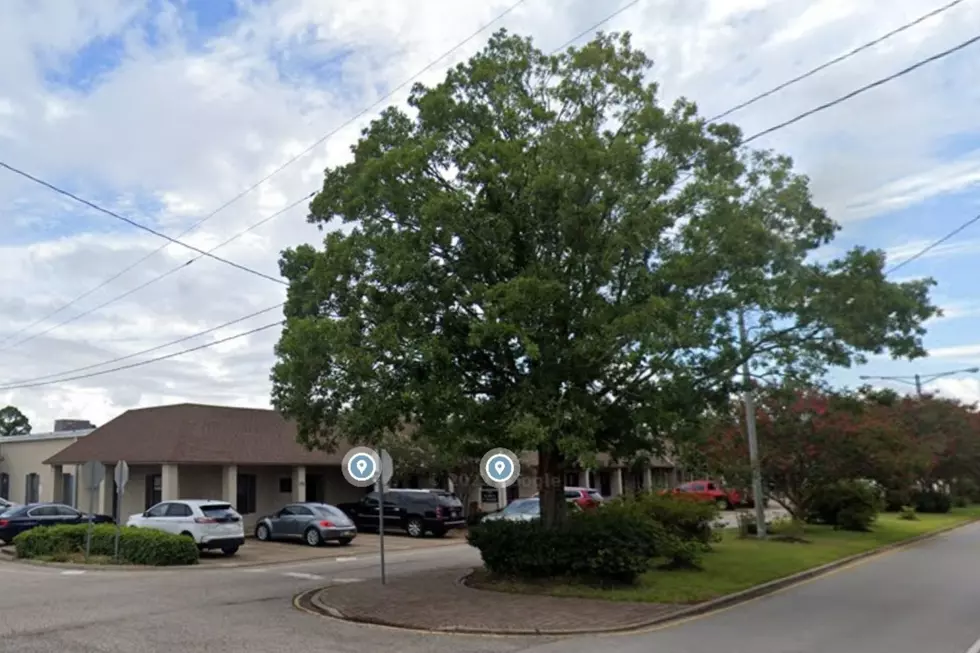
‘This Is You?’ Facebook Message Is A Malicious Link
I received the "This is You?" Facebook message from one of my Facebook friends, and it contains a malicious link disguised as a YouTube URL.
Though this phishing style has been around for a while (this website reported on it in February of 2017), it is beginning to make its rounds again.
The message is effective because 1) it appears to be a link to a YouTube video and contains a screenshot of the intended victim's profile picture and 2) by asking "This is You?", it entices the person receiving the message to click to see if he is really in the video (curiosity killed the cat!) Once clicked, the link might contain malware, it might redirect you to Amazon, and it may ask you to "Log In To Facebook To View Content". In any of these cases, the scammers can (and probably will) be successful in their attempts if you click the link.
If you do receive this message from a Facebook contact, the best thing to do is to NOT click the link, but, rather, send the contact a message informing them that someone is sending malicious messages without their consent, and encourage them to change their password.
According to one of the websites I visited while researching this post, some people, once they clicked on the link (DON'T DO IT!!), were redirected to the real Amazon website. Though this redirection doesn't infect you with malicious software or steal any of your information, it DOES help the scammer make money. What they have probably done, according to HackRead, is signed up for Amazon's referral program, which gives them money for every purchase you make from Amazon in the future. Smart! (Sneaky, but smart!)
Anyhoot, don't click it!
(HackRead)
More From News Talk 96.5 KPEL









